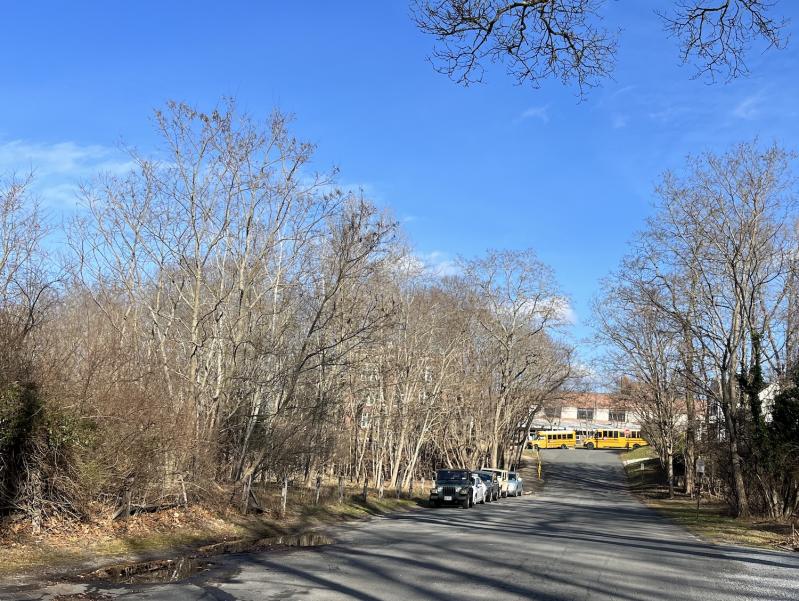During a specially scheduled meeting on Friday, the Sag Harbor School Board voted 5-to-0 to formally add a $6 million bond referendum onto the May 16 budget ballot for the potential purchase of five properties on Marsden Street.
“We were hoping to partner” with Southampton Town to tap the community preservation fund for that amount, Jeff Nichols, the district superintendent, said on Monday, “but it didn’t come to fruition. So now we’re going it alone.”
The referendum “is strictly for the acquisition of the property,” Mr. Nichols said. “If the community weighs in that they are in favor of us doing that, then we’ll go back out to the community and talk about how we can possibly use those properties.”
The total purchase price is now $9.425 million, which includes closing costs and money for bond-related legal services. In November, voters approved the district’s spending of $3.325 million from a facilities capital reserve account to put toward buying the land. The rest of the money is described as “funds on hand” in the official proposition.
Before Friday, Southampton Town had held two lengthy public hearings to gather community comment on the potential building of a sports field and related facilities on Marsden Street. The town board closed the hearing but said a vote on the allocation of preservation fund money was still several months away because it would need to do its own environmental review.
That the school district is no longer relying on town money means the town board can simply set the matter aside. It also means the school district won’t be subject to any town mandates attached to using C.P.F. money.
“I’m not upset that they’re going it alone. I think it’s a good decision,” Southampton Town Supervisor Jay Schneiderman said by phone on Friday.
Mr. Nichols said the district’s previous State Environmental Quality Review Act analysis, which found that buying the properties would not result in negative environmental impacts, still stands. Another such review, he said, will be conducted when the district eventually decides — in conjunction with the community — how best to use the land if the bond passes.

